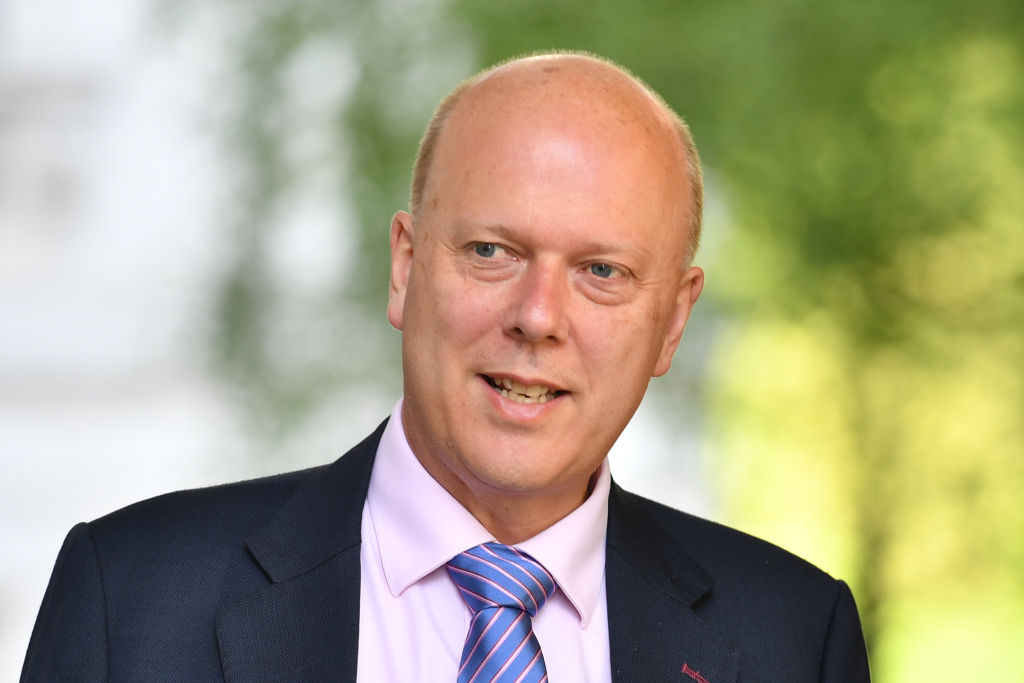Yippee! Now I can finally take a train to Scotland without putting money into Richard Branson’s pockets. This afternoon’s announcement by Transport Secretary Chris Grayling that the franchise on the East Coast mainline is to be taken back into the government’s hands returns the railway to the position it was in between 2011 and 2015. As the unions have been only too quick to point out today, this is the third time that a private operator has come to grief on the East Coast mainline in 10 years – and there is little to suggest that things will be any different when, as Grayling says he wants to do, the line is returned to the private sector.
I am no fan of nationalised industry. I once worked for British Rail back in the days when it seemed to see its job as the managed decline of the railway system. While many admire the TGVs run by French state railway, SNCF, and the ICE run by Deutsche Bundesbahn I have travelled enough on European railways to see the other side of state-run railways. I wrote in the Spectator in 2010 of an experience on an overnight SNCF train which made Ryanair look the epitome of luxury and customer service.
But reluctantly I have to say I half agree with the unions. I can understand why even a majority of Conservative voters now say they want the railways renationalised. It amazes me why Chris Grayling is still banging his drum for a rail franchising system which has been such a visible disaster. Surely the whole point of privatisating public services is to get rid of state monopolies and open them to competition. In the case of many privatisations, that is what we got. No-one now need use the services of BT or Centrica, born out of the former British Gas, if they don’t want to. Yet on the railways all we seem to have done is to exchange a state monopoly to a system of private monopolies. And don’t those private companies know it. They have ruthlessly exploited their monopolies by jacking up fares – an ordinary return to Manchester now costs £338. When challenged on this last week Grayling merely suggested that passengers could buy their tickets in advance. And if you need to make a journey because a family member has suddenly been taken ill?
Monopoly pricing stinks. It always does. Yet in spite of sky-high fares – or maybe partly because of them – the rail system has increased its reliance on public cash since privatisation. We are paying more for the railways as passengers – and more for them as taxpayers, too. This is partly thanks to vast riches now being earned by some of the staff. On Southern Railway, drivers will soon reportedly be earning £75,000 a year. Far from tackling excessive pay demands from the unions, as private rail companies were expected to do, they have folded before them, knowing that they can go back to the government cap in hand. There has been little transfer of risk from taxpayer to private sector. The franchise system survives, however, because ministers like Chris Grayling have this fantasy that they can extract high premiums from the train companies who own franchises – in spite of what keep happening in real life. The train companies make money when times are good – and then simply hand back the franchises when times are tough.
Ideally, the government would open up competition properly, with at least two train operators on each line, forced to compete against each other, driving down fares and improving customer service. But if we can’t have that – and there may be operational reasons why we can’t – then I have to conclude that we would be better off with a national rail company operating across the country. Perhaps we should have a combination of both: a nationalised British Rail but with a beefed-up ‘open access’ system which allows private companies to compete on some lines. This already exists – but can only be exercised where the private companies are opening up new services not currently provided for.
Why, on the other hand, Grayling wants to persist with the current system utterly defeats me. It is losing the Conservatives votes for no gain whatsoever.







Comments